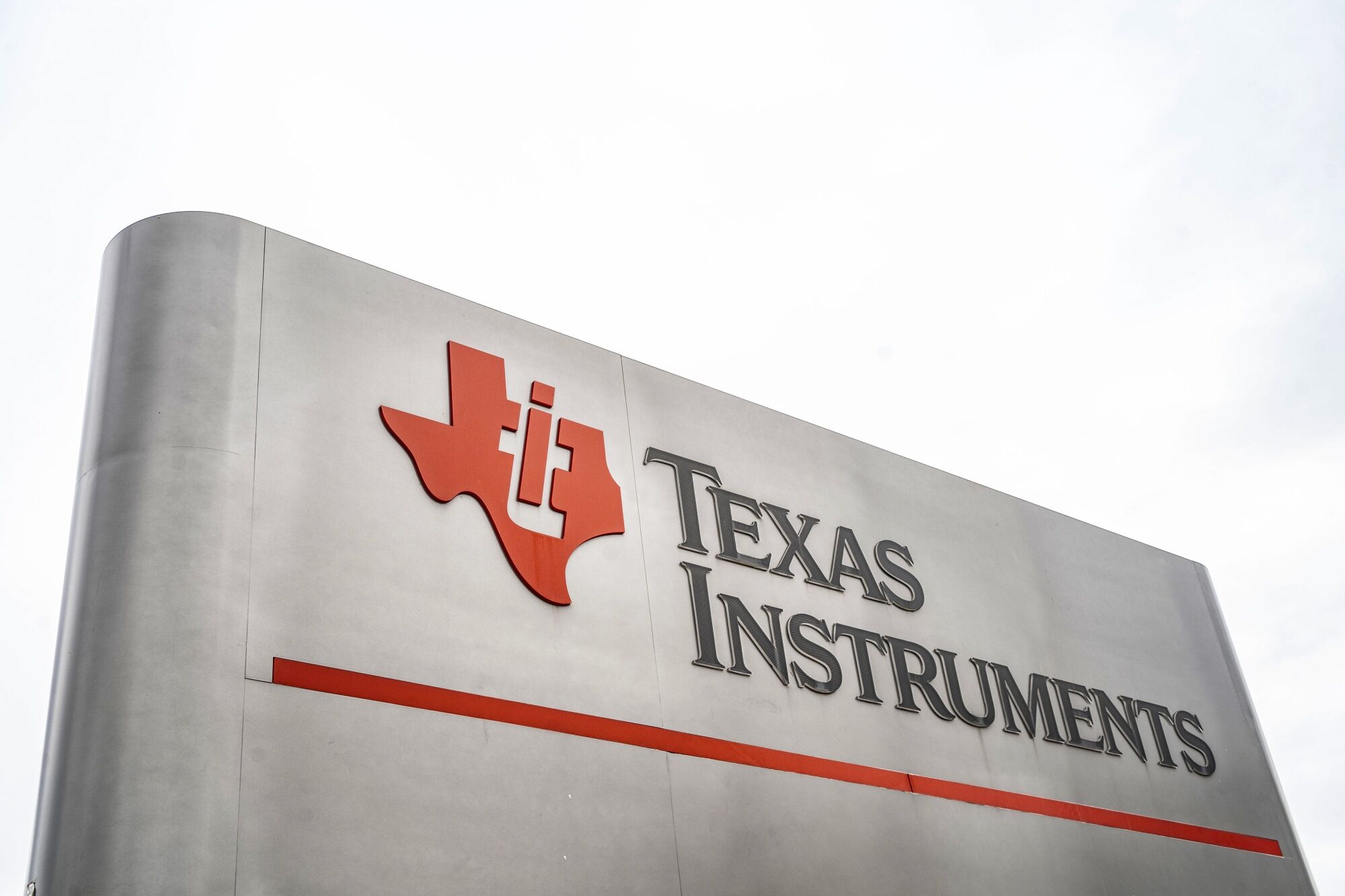Texas Instruments (TI) has reported a better-than-expected profit, suggesting a potential rebound in China’s automotive chip market, even as industrial weakness continues to affect the company’s overall performance. The analog chipmaker provided a forecast for its fourth-quarter revenue and profit, which fell below analysts’ expectations, highlighting the challenges TI faces in key markets like automotive and industrial.
The demand for TI’s automotive chips has slowed as customers work to clear excess inventory built up during the pandemic, leading to a decline in orders. This situation has been exacerbated by a prolonged slump in automotive demand, which has persisted despite advancements in vehicle electrification and autonomous driving technology. The automotive sector has experienced a rise in chip content, but this has been offset by weaker car sales, reflecting consumer uncertainty in the broader economy.
In the industrial market, which uses TI’s chips for applications such as factory automation, ongoing weakness has also contributed to lower orders. As a result, TI projected revenue for the fourth quarter to range between $3.70 billion and $4.0 billion, falling short of the $4.07 billion analysts had estimated, based on data from LSEG.
Despite these challenges, TI’s profit exceeded expectations, pointing to a potential recovery in the Chinese automotive chip market. However, the company’s forecasted fourth-quarter earnings per share of $1.07 to $1.29 also fell below analysts’ projection of $1.36. As the first major U.S. chipmaker to report results for the September quarter, TI’s performance serves as a key indicator of demand trends across multiple industries that rely on its chips.











